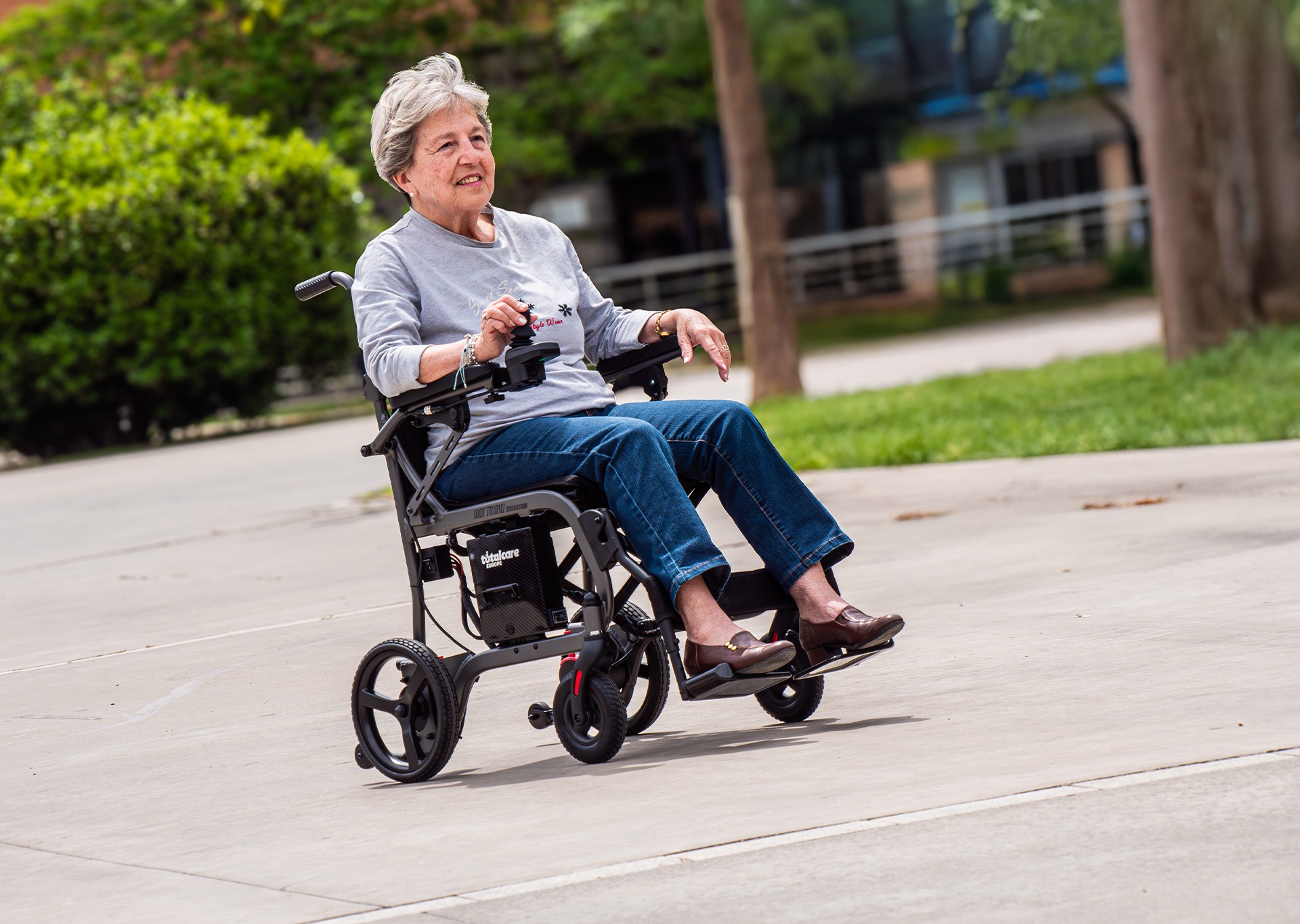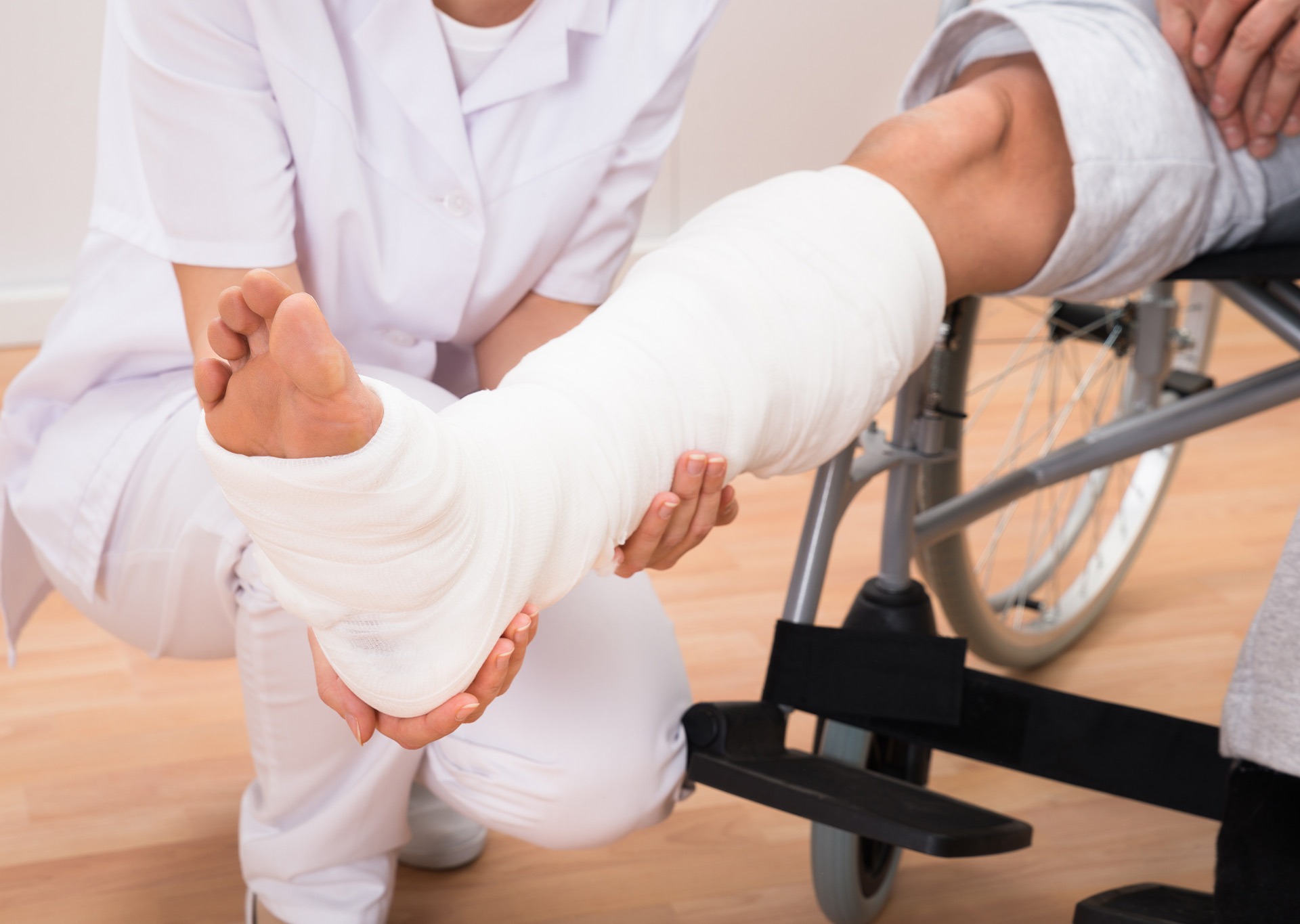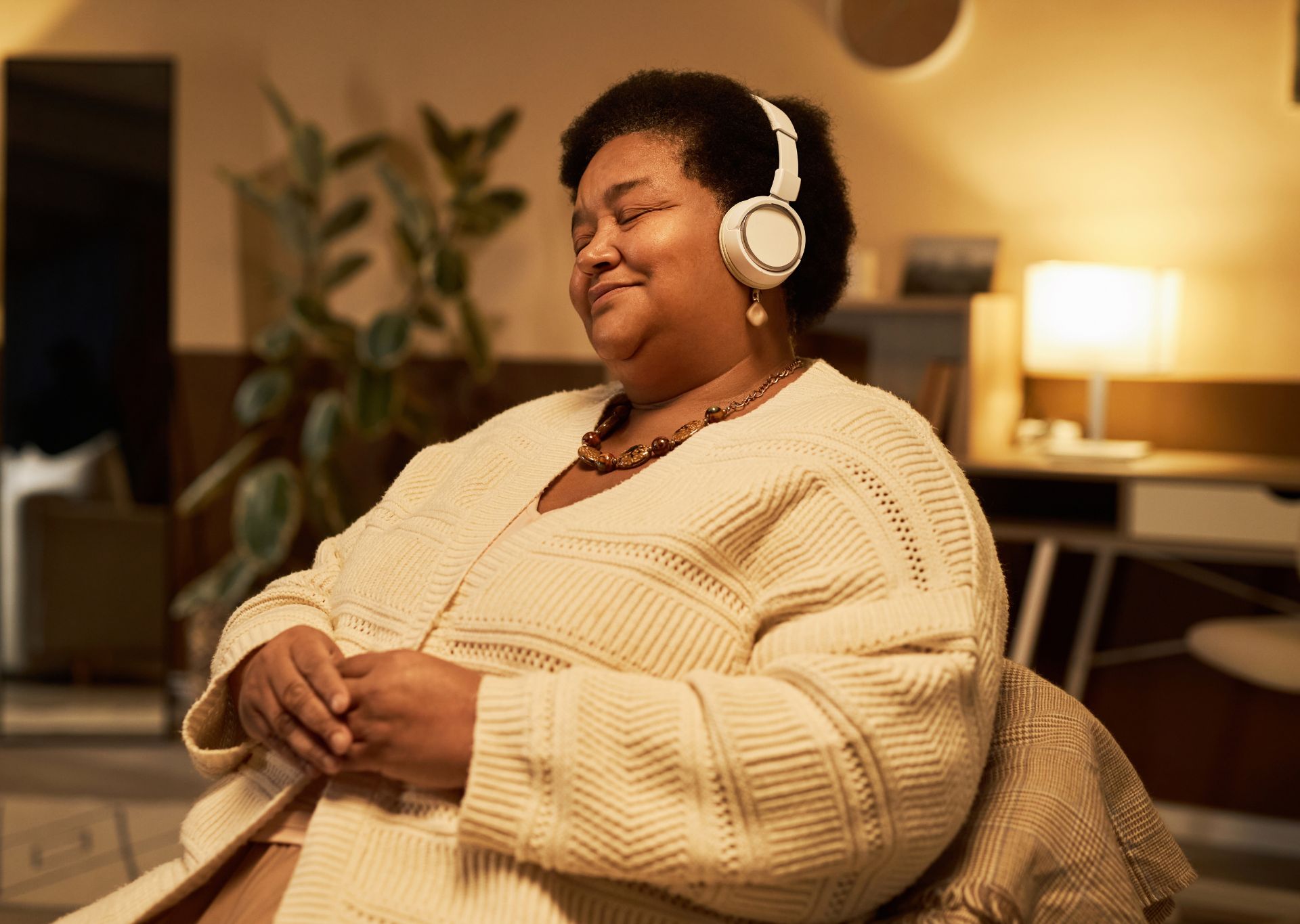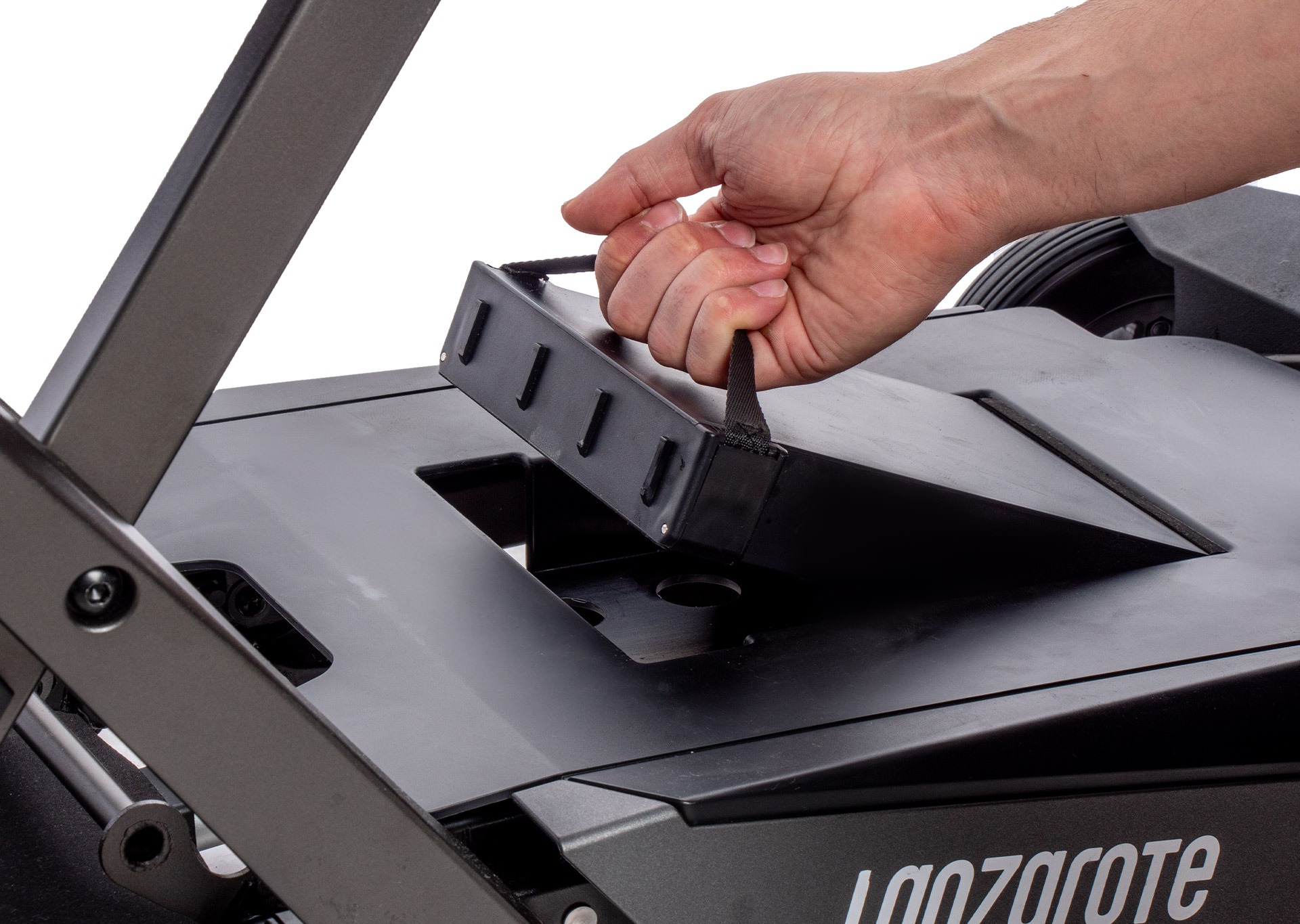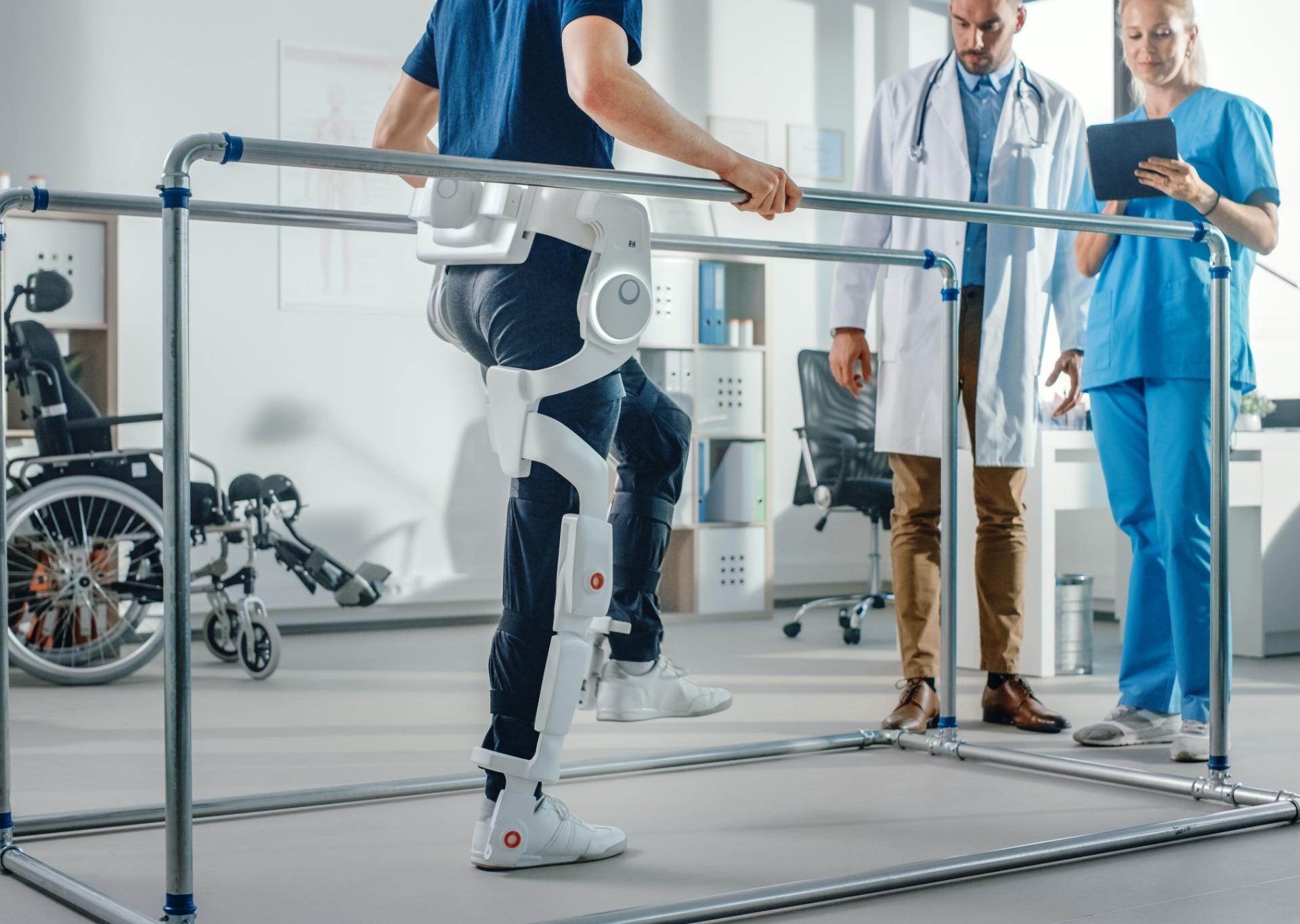How to adapt your wheelchair for greater comfort and efficiency
A wheelchair is not just a means of mobility, but an extension of the body for those who use it daily. Therefore, personalizing and properly adjusting it can make a huge difference in terms of well-being, postural health, and autonomy. In this article, we explore different ways to adapt your wheelchair
Support resources for family members of people with reduced mobility
Caring for a family member with reduced mobility can be a daily challenge that goes beyond emotional commitment. It requires information, appropriate tools, and support to provide dignified, safe, and sustainable care. In this article, we explore different types of resources that can help families provide better care, reduce overload, and
The role of music therapy in physical and emotional recovery
The power of music therapy in physical and emotional recovery: a comprehensive tool for healing Music therapy has emerged as a powerful complementary tool in physical and emotional recovery processes. Whether following an injury, chronic illness, or in mental health contexts, the therapeutic use of music offers tangible and transformative benefits. In
How to adapt to a wheelchair after an injury or surgery
Adapting to a wheelchair after an injury or surgery: a practical guide to regaining independence Adapting to using a wheelchair after an injury or surgery can be a complex process, both physically and emotionally. This new reality presents challenges, but also opportunities to rediscover autonomy and build a fulfilling life. In this
Complete Guide to Relaxation Therapies for Reducing Stress in Older Adults
Stress is a common condition among older adults and can affect both physical health and emotional well-being. Retirement, the loss of loved ones, chronic illnesses, or feelings of loneliness are some of the factors that can increase anxiety levels at this stage of life. Fortunately, there are several relaxation therapies that,
Caring for a loved one with reduced mobility: Tips for caregivers
Caring for a loved one with reduced mobility can be an experience as challenging as it is enriching. This role requires patience, empathy, and a good dose of organization to ensure the physical and emotional well-being of the person being cared for, without neglecting your own. In this article, we explore
How to check the battery status of your mobility aid
Batteries are the heart of a scooter or electric wheelchair. Proper operation ensures greater autonomy and safety in daily mobility. Without proper maintenance, their performance can deteriorate rapidly, affecting the user experience and even generating unnecessary expenses for premature replacements. Knowing the proper steps for checking, charging, and maintaining your battery
The origin of sign language and its cultural variations
Sign language is a form of visual communication used by deaf and hard-of-hearing people to express themselves and connect with the world. Throughout history, communication through gestures has been a fundamental need for those who cannot hear, leading to the development of complex and structured language systems. However, the recognition of
Adaptive sports programs in senior centers
Adaptive sports programs are transforming senior centers, offering physical activities specifically designed to promote health, mobility, and quality of life. As the population ages, the importance of promoting adapted physical activity is increasingly recognized, not only to maintain physical health but also to improve mental and emotional health. These programs are
Most surprising inventions to improve mobility for the elderly
Did you know that modern technology has revolutionized the way seniors maintain their independence? Aging can bring certain mobility challenges, but that doesn't mean seniors should give up their independence. Thanks to technological innovation, there are more and more devices designed to improve the safety, autonomy, and quality of life of those












